The world of marketing is always changing. For a while now, brands have focused on being “green,” talking about their environmental efforts. But something bigger is happening. Consumers aren’t just thinking about the planet; they’re also deeply concerned about people and communities. This shift from “green” to “good” is about social sustainability in marketing, and it’s becoming a must-have for brands that want to connect with their audience.
We’ll try and cover what social sustainability means for marketing, who today’s conscious consumers are, and what they truly expect from brands. We’ll also look at some brands doing it right and common mistakes to avoid. If you’re wondering how top marketers are handling this shift, you’ll want to check out the Mint Sustainability Summit.
Know More About Brand Marketing
- Top Marketing Strategies & Trends to Watch out for in 2025
- What is experiential marketing? Key Components & Strategies
- Unlocking the Power of Brand Experience in the Digital Age
Who Are Conscious Consumers in 2025?
Today’s consumers are more clued-in than ever. They aren’t just buying products; they’re buying into values. Here’s what makes them tick:
- Value Alignment: They want brands that share their beliefs, whether it’s about fairness, equality, or community support.
- Transparency-Seeking: They dig for information. They want to know where products come from, how they’re made, and who benefits.
- Digitally Aware: They’re online, sharing opinions, and quick to call out brands that don’t walk the talk.
- Anti-Greenwashing: They can spot fake claims from a mile away. Authenticity is key.
Consider this: Studies show that a large majority of Gen Z and millennial consumers are willing to pay more for sustainable and ethically produced goods. Their social values now shape brand trust more than ever before.
Core Pillars of Social Sustainability in Marketing
- Diversity, Equity & Inclusion (DEI): It implies truly including various individuals in your campaigns and ensuring that your internal teams are diverse. It is not a matter of ticking a box but making everyone feel welcome.
- Fair Labor Practices: Consumers are concerned about how the individuals who fabricate your goods are treated. This means no child labor, good working conditions and good pay. Demonstrating your dedication in this area produces significant trust.
- Community Support: The brands can actually make a difference by investing in the communities they work or source. This may be in the form of local efforts, education, or promotion of small business.
- Mental Health Awareness: There has been an increase in brands talking about mental wellness, not only to their workers but also in advertisements. This is an indication of a human aspect and awareness of an increasing social need.
- Cultural Sensitivity in Campaigns: It is important to understand and respect the different cultures. Do not use stereotypes or statements that may offend. Campaigns must be well-planned to relate positively to various audiences.
When you authentically integrate them into the narrative and messaging of your brand, you create a deeper, more sustainable bond with the consumer.
What Conscious Consumers Expect from Brands
One cannot merely say that he is doing good. Conscious consumers are straightforward in their expectations:
- Transparency, Credible Communication regarding Social Impact: Do not talk about it once. Share your achievements and struggles regularly.
- Authentic Community Partnerships: No tokenism. Consumers are not interested in one-off donations, but in genuine, lasting relationships and investment.
- Authentic Brand Storytelling: Post the actual stories of the individuals in your supply chain or the community you serve. Display the fundamental transformation occurring.
- Radical Transparency: Tell all: the sources of your materials, the conditions under which your goods are produced, and your employment policies. The open you are the more trust you gain.
- Participation: Consumers desire to be solution-oriented. Provide them with participation opportunities, allowing them to participate in co-creation activities or campaigns in which their actions result in the creation of good.
Case Studies: Brands Getting It Right
Many brands are already making social sustainability a core part of their identity.
- Patagonia: Known for its employee advocacy and commitment to fair labor. They encourage customers to repair rather than replace, promoting a circular economy.
- Ben & Jerry’s: This ice cream brand is famous for its political activism and stance on social justice issues, from climate action to LGBTQ+ rights.
- Dove: Their “Real Beauty” campaigns have consistently challenged conventional beauty standards, promoting body positivity and self-acceptance.
In India, brands like Tata have a long history of community engagement, often through rural empowerment campaigns and initiatives focused on education and healthcare. Amul, a dairy cooperative, has also made significant contributions to the livelihood of rural farmers, showcasing a direct positive social impact.
Pitfalls to Avoid: What Conscious Consumers Reject
Just as there are best practices, there are also major missteps that can damage a brand’s reputation:
- Greenwashing or “Woke-washing”: Making claims about social or environmental efforts that aren’t backed by real action. Consumers will see through this quickly.
- Empty Virtue Signaling: Brands that loudly support a cause but don’t take any actual steps to support it internally or externally.
- One-off CSR Campaigns with No Long-Term Strategy: Consumers are looking for consistent, genuine commitment, not just a quick marketing stunt.
Social Sustainability in Action: What to Expect at the Mint Sustainability Summit
The Mint Sustainability Summit is your prime opportunity to dive deeper into these vital ideas. This event gathers leaders who are actively navigating the new landscape of conscious consumerism. You can expect focused sessions and speakers who will address key topics such as:
- “Purpose-driven branding in action”
- “Building inclusive campaigns”
- “The role of marketing in shaping equitable futures”
It’s a clear chance to hear from those at the forefront of this movement and learn practical ways to implement these concepts.
For marketers looking to show their brand’s commitment and connect with industry leaders, sponsoring the Mint Sustainability Summit is a powerful way to make your mark. Join us and be part of shaping a more sustainable future.
Conclusion: Marketing with a Mission
Social sustainability in marketing is not a fad; it is a paradigm shift in the way brands need to work in order to prosper. It is no longer a nice-to-have, but a strategic requirement. The conscious consumer is driving brands to become more transparent, ethical, and purposeful in their quest to create a better society.
To marketers, this implies listening, being open to change, and leading with empathy and sincerity. It is about establishing trust, establishing genuine connections and demonstrating how your brand is actually making a difference.
Now that you have a taste of these themes and how to incorporate social sustainability into your marketing plan, do you want to know more? We invite you to know more on the Mint Sustainability Summit.
Frequently Asked Questions
What is social sustainability in marketing?
Social sustainability in marketing involves encouraging fair labor, inclusion, community support, and ethical practice in every message and action with respect to the brand.
Why do conscious consumers matter in 2025?
The rise of conscious consumers has impacted the success of brands because these customers focus on ethical, inclusive, and community-driven values.
How can brands avoid greenwashing or woke-washing?
To gain credibility, brands should support their words with actual actions, be open and clear in the information they share, and do long-term, genuine work.
What are some examples of socially sustainable brands?
Community impact, equal labor, and inclusive advertisements such as those offered by Patagonia, Ben & Jerry, Dove, Tata, and Amul are in the lead since they appeal to conscientious consumers.
How can businesses engage conscious consumers effectively?
Tell genuine stories, be radically transparent, enjoy customer involvement and demonstrate continuous dedication towards social impact and moral integrity.
Ready to take your brand to the next level? Connect with us today to explore how HT Media can amplify your presence across our diverse portfolio of 25+ brands and properties. Let's turn your brand vision into reality!

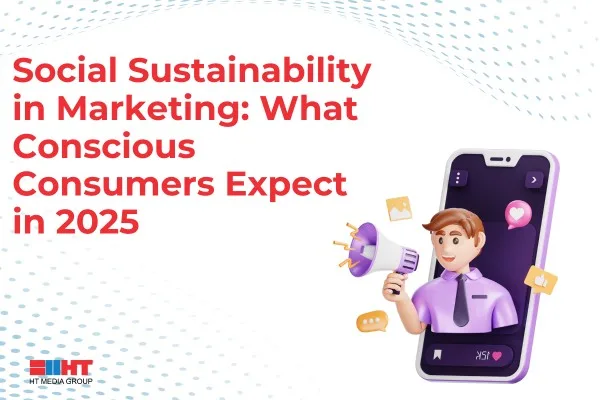

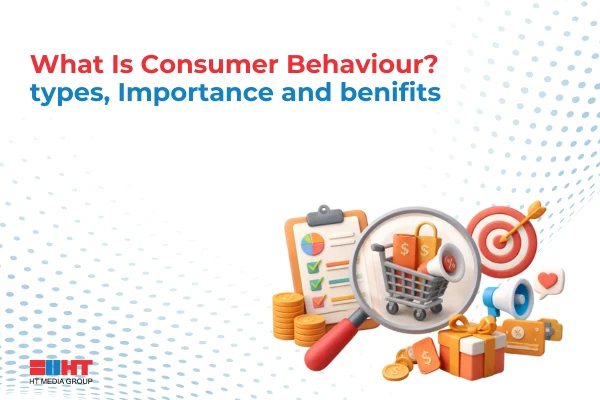
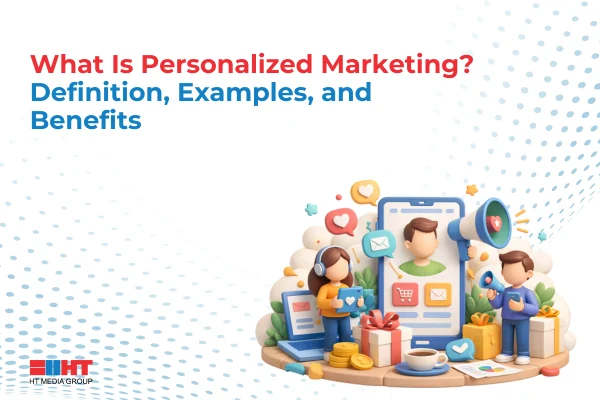
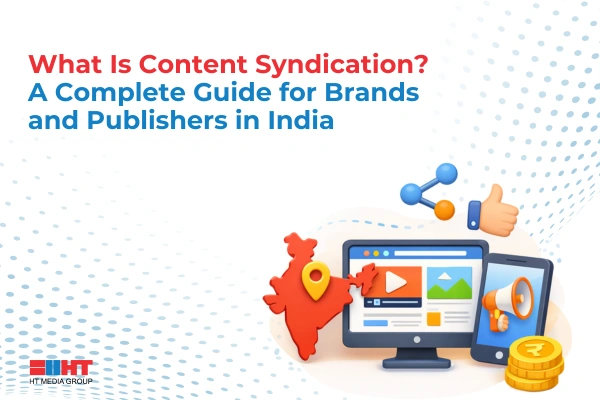




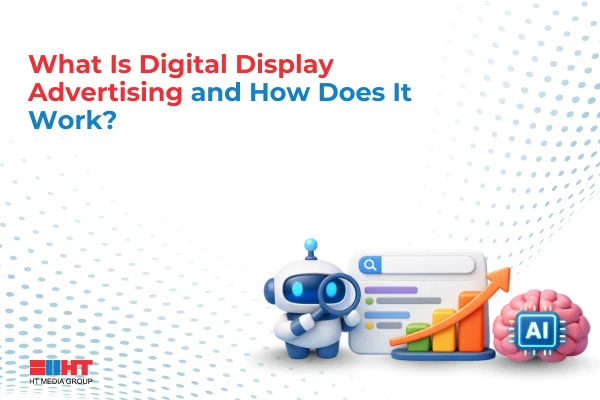
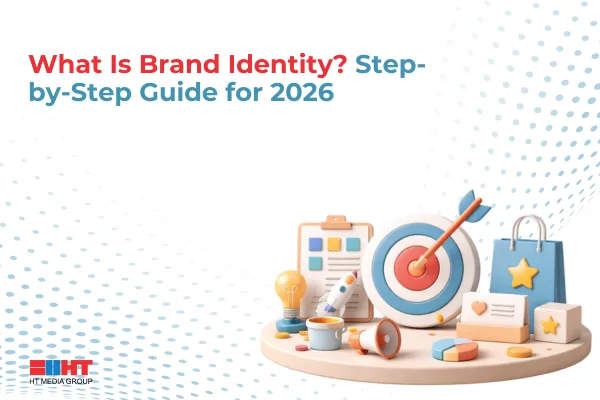
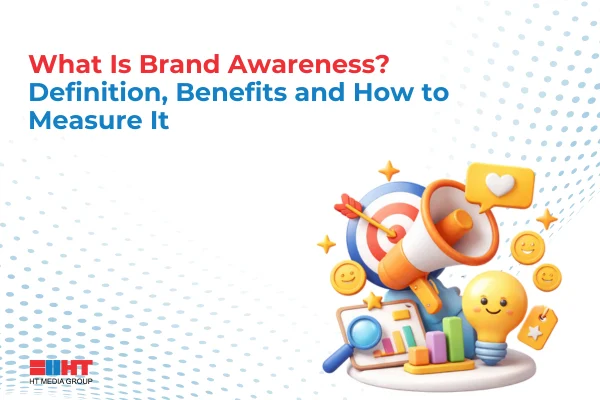
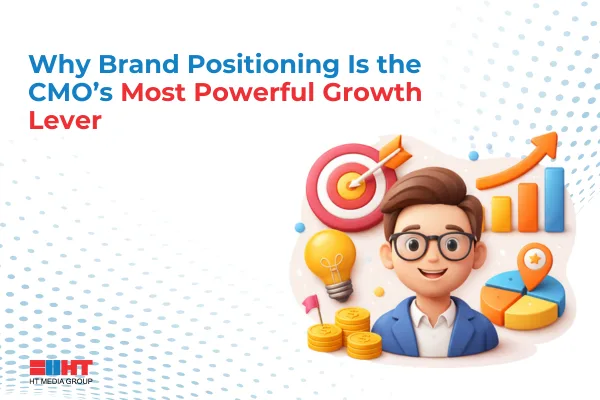
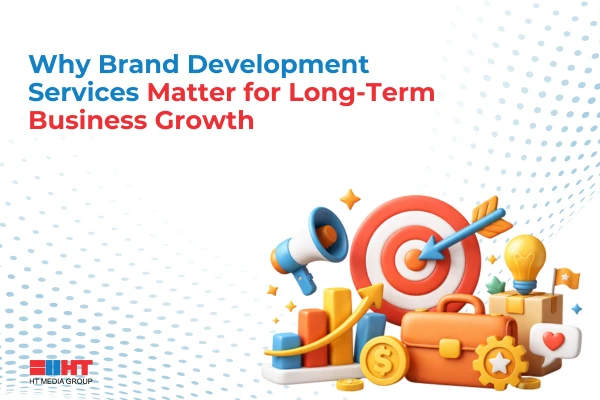
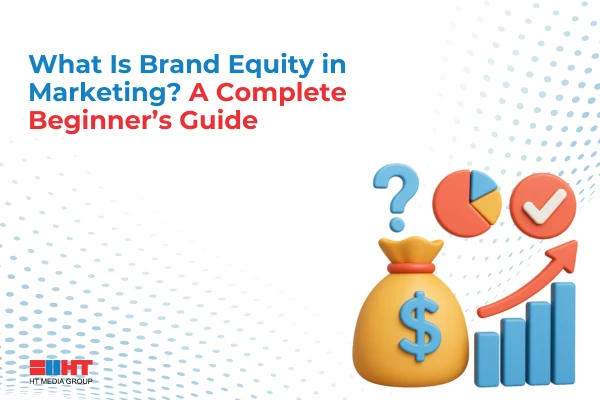
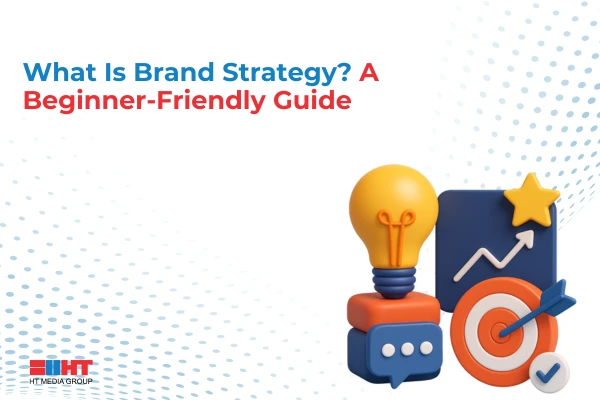
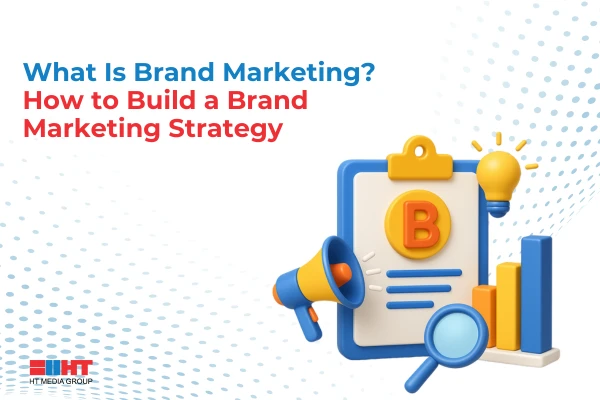

Comment